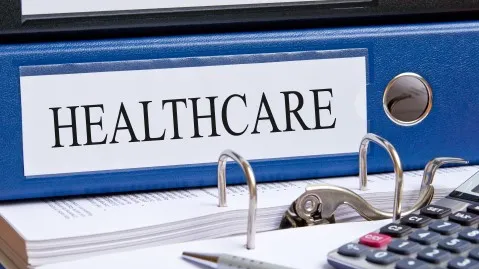
South Korea urged to revise cancer tests reimbursement system
The timeline to set the cost is currently longer than that of the reimbursement decision.
The reimbursement system for pathological examinations in South Korea has been suffering from poor coordination with cancer treatment plans, resulting in many patients not receiving timely treatment, according to a report from GlobalData.
Kuljot Kaur, medical devices analyst at GlobalData, noted that the timeline to set the cost of a pathology investigation is currently longer than the time for drug reimbursement decisions in South Korea, stressing the need for a “rational approach” to coordinate these decisions.
“Policies pertaining to the review period for cancer pathological examination charges should be revised while determining the scope of drug reimbursement so that patients do not miss out on timely life-saving treatments,” said Kaur.
READ MORE: South Korean hospitals in need of AI transformation to improve diagnostics
The country’s reimbursement system needs to be revised to fairly cover changes in pathology tests and subsequent treatment, the report added.
The oncology tests market in South Korea is expected to grow at a compound annual growth rate of approximately 2% between 2022 and 2030, driven by a rising incidence of cancer and the subsequent development of immunotherapy, GlobalData said.
Companion diagnostic assays are essential for the safe and effective administration of therapies requiring pathology tests and receiving level II fees, whilst complementary diagnostics give insights into the risk-to-benefit ratio without restricting drug access and receiving level I fees which are lower than level II fees, the report stated.
Depending on the presence of specific markers, targeted immunotherapies are administered to the patient, resulting in therapeutic benefit.
For example, before immunotherapy, the presence or absence of PD-L1, an immune checkpoint inhibitor, expression on cancer cells is quantified by pathologists, which greatly influences treatment planning, GlobalData said.


















 Advertise
Advertise


